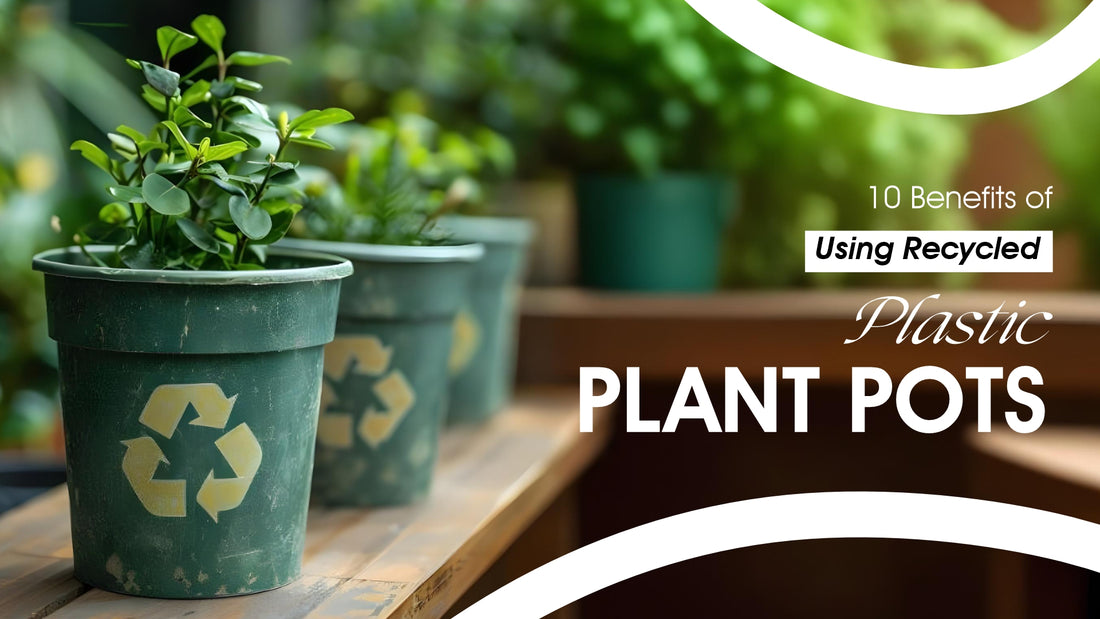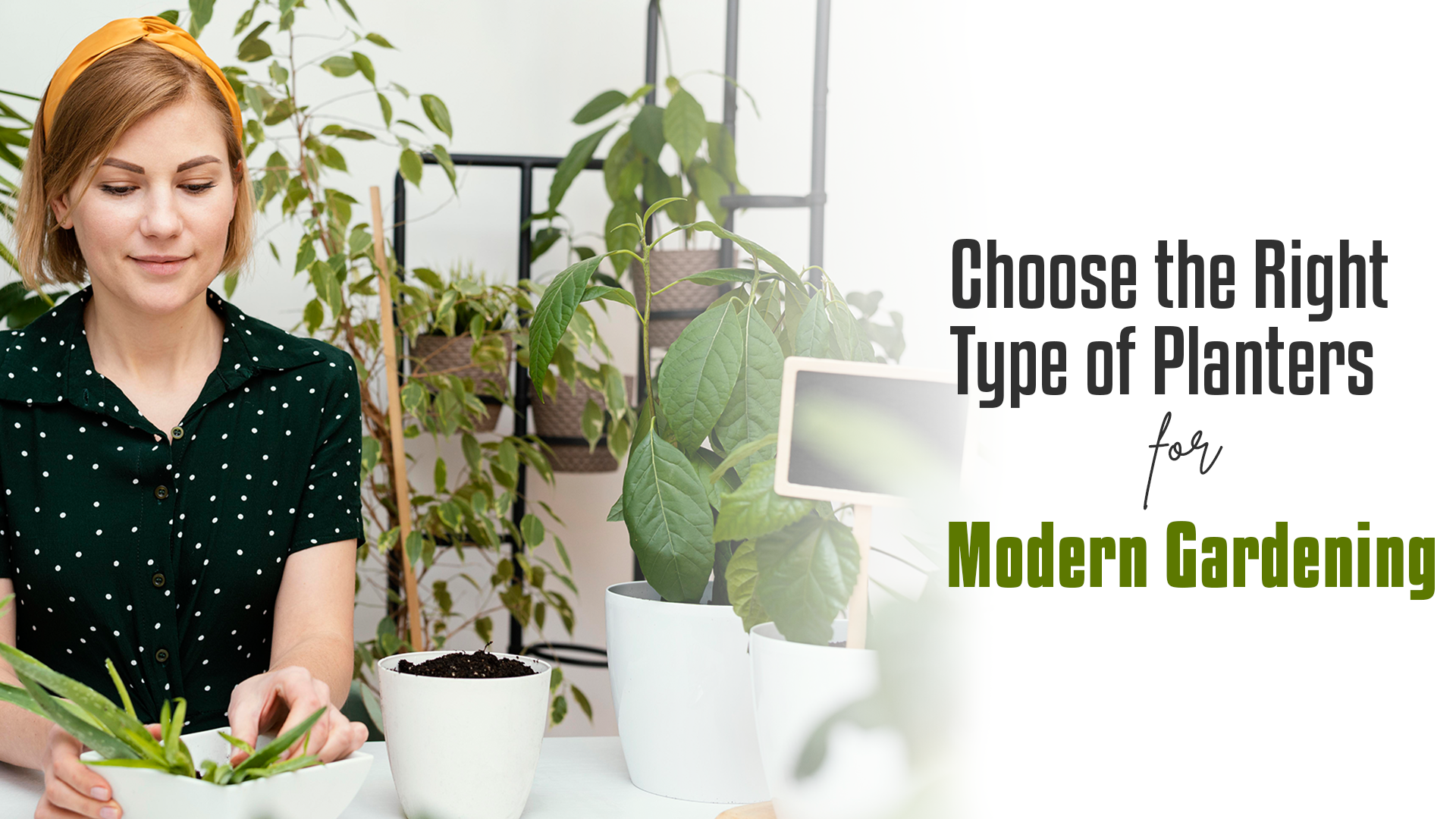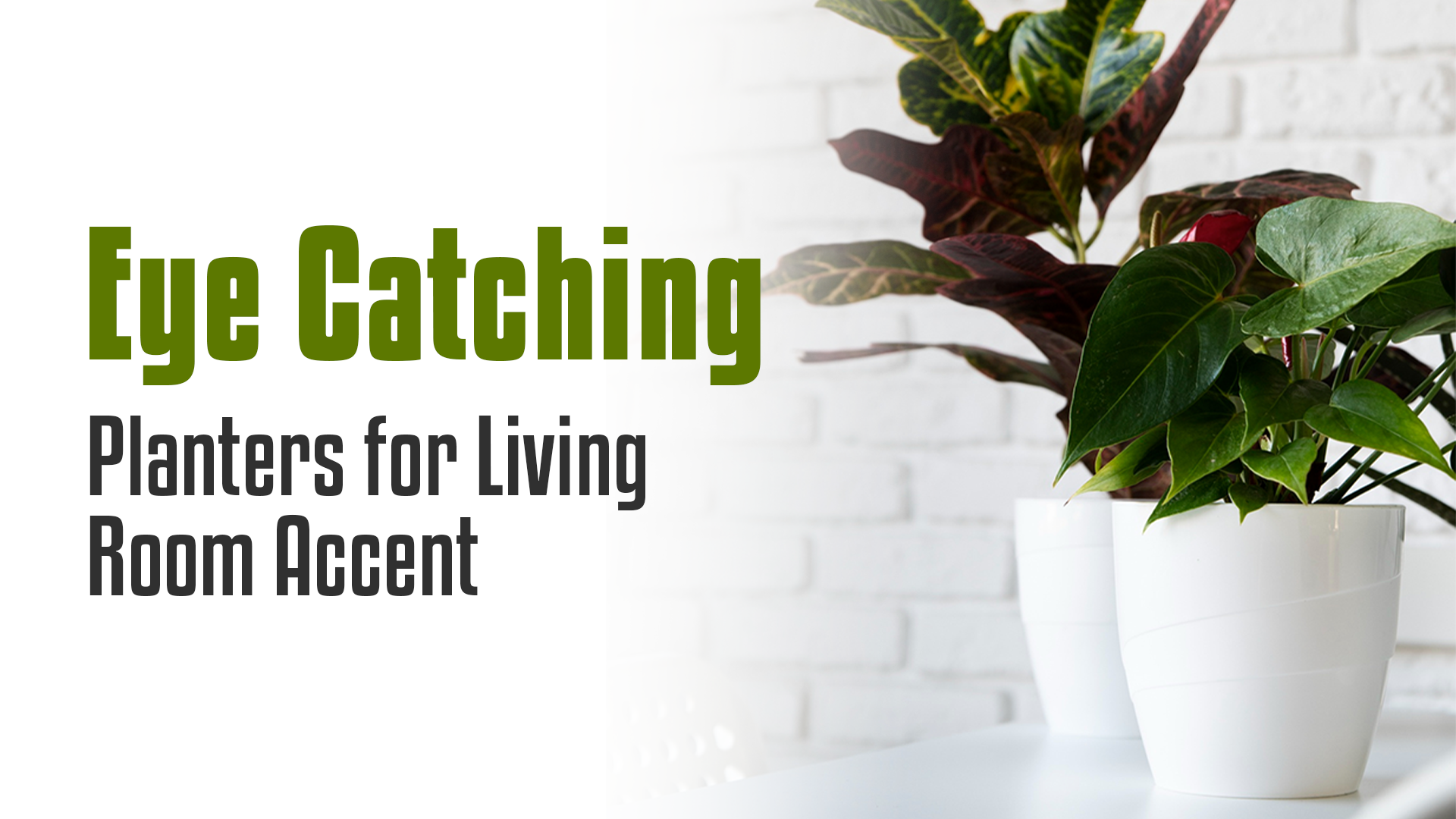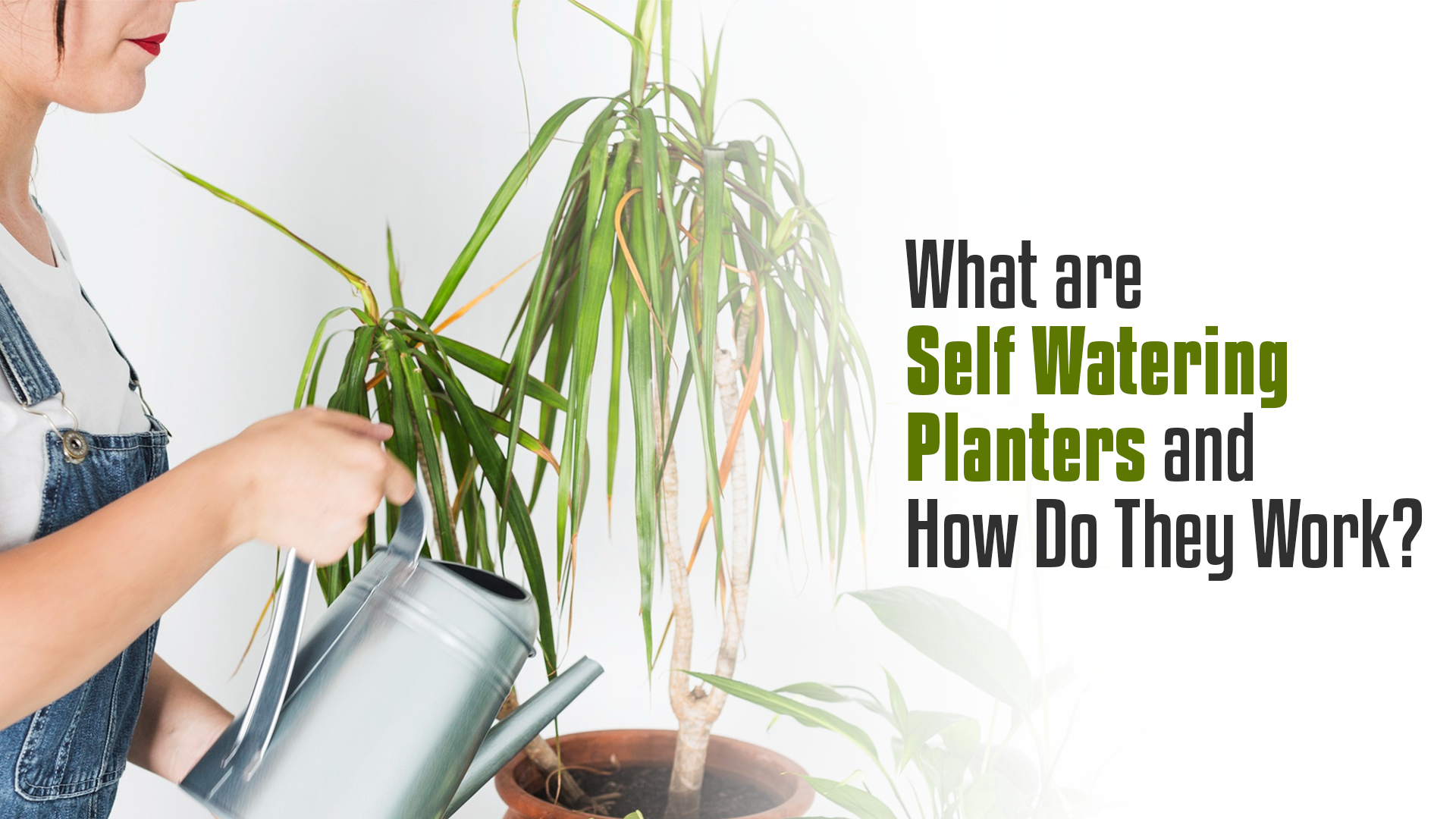
10 Benefits of Using Recycled Plastic Plant Pots
Plastic pollution is a widespread environmental problem with various consequences for our planet. The excessive use of single-use plastics has led to a global crisis, impacting ecosystems, wildlife, and human health. Recycling and sustainable practices are essential for addressing this issue.
Benefits of Using Recycled Plastic Plant Pots
Recycled plant pots offer a practical and eco-friendly solution. Crafted from repurposed plastic waste, these pots provide numerous advantages for both gardeners and the environment. By choosing recycled plant pots, you reduce plastic waste, conserve resources, and support a circular economy.
1. Environmental Benefits

By opting for recycled plant pots, you contribute to reducing plastic waste ending up in landfills. This helps conserve valuable land resources and prevents plastic from polluting our ecosystems. Moreover, producing new plastic consumes substantial energy and releases greenhouse gases. Using recycled plant pots significantly lowers your carbon footprint. Additionally, these pots can often be recycled again at the end of their life cycle, promoting a circular economy.
2. Durability and Longevity
Recycled plastic pots are renowned for their durability. They can withstand harsh weather conditions, including intense sunlight, heavy rain, and frost. Unlike clay or ceramic pots, they are less prone to cracking or breaking, ensuring a long lifespan. This longevity means cost savings in the long run, as you won't need to replace pots frequently.
3. Cost-Effectiveness
Recycled plant pots are generally more affordable than traditional clay or ceramic pots. Their durability further enhances cost-efficiency as they require fewer replacements. Investing in high-quality recycled plastic pots can prove to be a wise financial decision for gardeners.
4. Lightweight and Easy to Handle
The lightweight nature of recycled plastic pots makes them exceptionally convenient to handle. Whether rearranging your indoor garden or transplanting plants outdoors, these pots are effortless to move. This reduces the risk of injuries associated with heavier pot materials.
5. Variety of Sizes and Styles
Recycled plant pots come in various sizes and styles to cater to diverse gardening needs and aesthetic preferences. From small pots for seedlings to large planters for trees, there is a recycled plastic option to suit every plant. Additionally, modern designs and vibrant colors are available to complement any outdoor or indoor space.
6. Pest and Disease Resistance
Recycled plastic pots offer an advantage over porous materials like clay or terracotta regarding pest and disease control. The non-porous surface of plastic prevents the accumulation of moisture, which can harbor harmful pathogens. This makes maintaining a healthy plant environment easier and less labor-intensive.
7. Water Retention
Some recycled plant pots feature innovative designs that incorporate water reservoir systems. These pots effectively retain moisture, reducing watering frequency and preventing soil from drying out excessively. This is particularly beneficial for plants that require consistent moisture levels.
8. Root Health
Proper drainage is essential for healthy root development. Recycled plastic pots typically include drainage holes to prevent waterlogging and the risk of root rot. Some designs also incorporate raised bottoms or aeration features to enhance oxygen circulation around the roots.
9. Versatility
Recycled plastic pots are incredibly versatile and can be used for various plants, including vegetables, flowers, herbs, and ornamental foliage. They are suitable for both indoor and outdoor gardening, making them a practical choice for gardeners with different spaces and preferences.
10. Supporting Sustainability
By choosing recycled plant pots, you actively support sustainable practices and a circular economy. You are also encouraging the growth of environmentally conscious businesses that prioritize eco-friendly production methods.
Recycled Plastic Plant Pots
Incorporating recycled plant pots into your gardening routine offers many benefits, from environmental conservation to practical advantages. Their durability, cost-effectiveness, and versatility make them an excellent choice for gardeners of all levels. By reducing plastic waste, conserving resources, and supporting sustainable businesses, you can positively impact the planet while enjoying the beauty of your plants.
Frequently Asked Questions
1.What is the use of recycled pots?
Recycled pots are plant containers made from recycled plastic. They are a fantastic way to reduce plastic waste and give new life to old plastic items. They are durable, lightweight, and come in various sizes and styles. They are perfect for both indoor and outdoor plants.
2.Can pots be recycled?
Yes, many pots can be recycled. However, it depends on the type of material they are made from. Plastic pots are often recyclable, but it is essential to check with your local recycling program to confirm. Ceramic and clay pots are generally not recyclable but can be repurposed for other uses.
3.Can plastic pots be recycled?
Yes, plastic pots can be recycled, but not all types of plastic are accepted. Look for the recycling symbol on the pot and check your local recycling guidelines. Cleaning the pot before recycling is essential to ensure it can be processed effectively.
4.What are recycled materials used for?
Recycled materials have countless uses! They can be transformed into a wide range of products, including new packaging, furniture, clothing, building materials, and even more plastic products. Using recycled materials helps conserve resources and reduce waste.
5.What are the uses of recycled plastic containers?
Recycled plastic containers find applications in various industries. They can be turned into new bottles, containers, and other plastic products. Moreover, they can be used to create items like park benches, playground equipment, decking, and even construction materials. Recycling plastic containers helps reduce plastic pollution and conserves energy.







